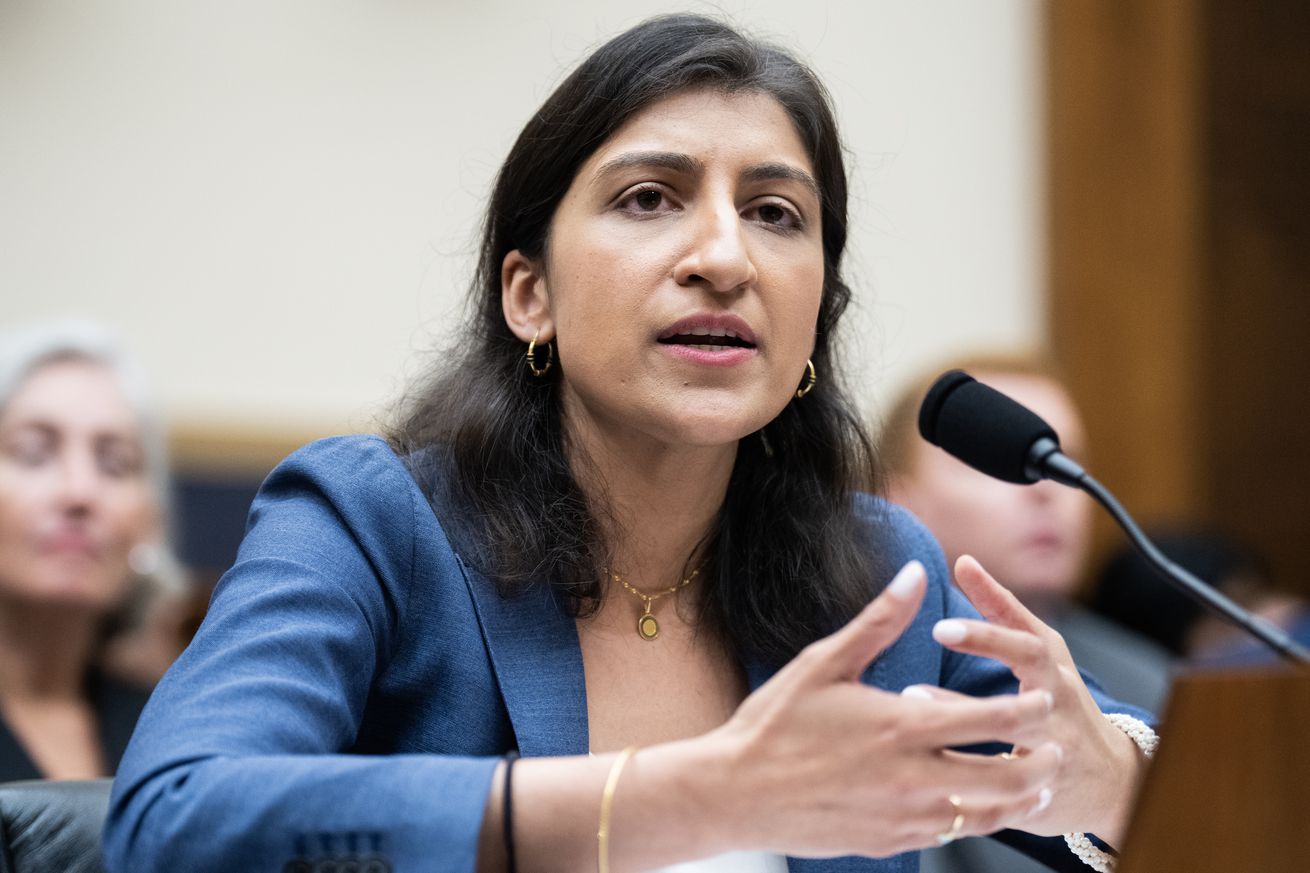
Republicans defend Elon Musk in FTC’s Twitter probe
House Republicans came to the defense of Elon Musk Thursday, tearing into Federal Trade Commission Chair Lina Khan over an agency investigation they claim borders on “obsession” with Twitter and its owner.
The blustering support for the billionaire dominated a Thursday House Judiciary Committee hearing overseeing the agency’s work under Khan’s leadership. The committee’s chair, Rep. Jim Jordan (R-OH), set the tone right out of the gate, calling Khan’s leadership a “disaster” and suggesting that the FTC’s Twitter probe was politically motivated.
“Why are you harassing Twitter?” Jordan pressed Khan Thursday. “This wasn’t harassment. It was a shakedown.”
The hearing came hours after Musk asked a federal court to end the FTC’s investigation into Twitter over possible user privacy failures and terminate a settlement it entered into with the agency last year. In the filing, Musk’s X Corp. claimed the probe had “spiraled out of control and become tainted with bias.”
Shortly after Musk took over Twitter last year, the FTC began investigating whether the company had the resources necessary to maintain the privacy of its users. Under a consent decree Twitter entered into with the FTC in 2011 (later expanded in 2022), it’s required to inform the FTC on how it protects consumer data and coordinate regular security audits.
Responding to Republicans’ complaints, Khan noted that the FTC imposed the privacy restrictions Musk cursed more than a decade ago. “Twitter has a history of lax security and privacy policies,” she said.
Republicans also criticized the Khan FTC’s recent court failures to challenge mergers, including a decision this week allowing Microsoft to purchase Activision Blizzard, and suggested it was a ploy to make Congress pass new antitrust rules.
“Are you losing on purpose?” Rep. Kevin Kiley (R-CA) asked of Khan. “You’re losing because you don’t have the authority that you want from Congress.”
Khan denied those motives Thursday, but she’s previously suggested that courtroom losses could force Congress to craft stronger competition regulations, according to The New York Times.

